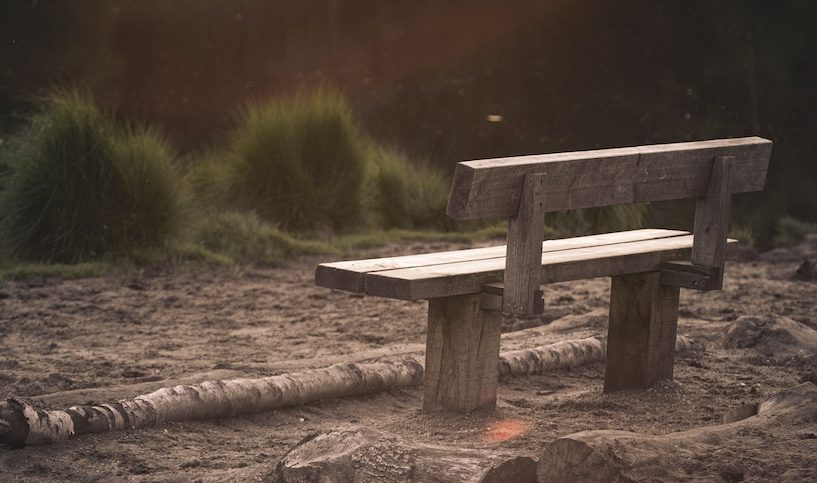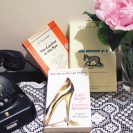She sits in the shade, on a small three-legged wooden stool, her back snuggly against a tree, looking out over the harbor. Meanwhile, the wife, with friends and assorted children, are lounging in the green grass, blue blankets spread wide, umbrellas spread wider, drinking tea, nibbled on cakes, chatting and peering into their cellphones. She, eyes half closed, hears the hum of their chatter, thinking of the two years, six months and one week she has been here. Now eyes firmly shut, as she listens to the breeze in the leaves, the swish of the sea. And of course she is thinking of home. Not this home but the real home, in India, a village, a fifty-minute train ride outside of Mumbai, on the Central Line, near Khardi. That home.
When one of the children squeals, she jerks her head to look, but all melts into laughter and she can safely return to thinking of her mother and father, a younger brother who is forever reminding anybody who will listen that Messi is some kind of god; not to mention the two sisters, one younger, the other older, the one newly married, the other wanting nothing to do with boys, never mind marriage. She smiles as she thinks of them in that little house.
She gazes across the blue water, the bobbing boats, looking but not looking, thinking of that village in the foothills, of Grandmother who taught her how to sew, how to cook rice the right way, how, before all of this, she had once dreamed of seeing other lands, of a newness that had to be better than any foothill village that was nothing more than cows—always the cows—goats, shoeless, snotty-nosed kids who think mud is a toy, dust a game, boys who think life is all about cigarettes, and video games. How all those many days, months ago, she would sit, her back against the wall, almost like this, and listen to the nightly drone of her mother’s voice, about the way it used to be, when she was younger, but the way her mother described it made it sound like nothing had changed, not really—just longer ago without cellphones. Rubbing her back against the tree trunk, and how she secretly misses that no-nothing village life, never mind the dullness, the way day after day slipped away as she slowly disappeared, eighteen going on 19.
Half listening for her name to be called, or not, not wanting to move from the tree because it feels warm and solid but at any moment she may have to get up to shoo the cats away, take little Mohammed to the bathroom, unzip the bag to take out tissues, open the potato chips for Sara who is more interested in feeding the pigeons than herself.
Once the outing is over, she separates her back from the tree and hurries over to fold the blue blankets, roll up the umbrellas, pack the dishes and cups and food back into two boxes and one basket, before neatly wedging herself in between Mohammad and Sara in the backseat of the shiny SUV. Once back at the two-storey house in Salwa, she will unload all she had just minutes before loaded into the car and then almost immediately go to the laundry room and begin her weekly ironing, not forgetting to feed the one dog, two cats and squawking parrot that knows curse words in both English and Arabic; later, once the house is mid-afternoon quiet, she will dust the cabinets and peel the potatoes, cleaning the mess that Sara has decided to make in the bathroom just because she can.
She does not cry anymore, or certainly not as much as that first month; it is no longer a sadness or being truly homesick because she knows that there is no money to be made in her village, in any village, nothing there, except family and friends, most married with children. School girls marrying men they don’t want to marry, not yet, not now, not him, but grandfathers, not to mention uncles, have spoken, promises have been made, jewelry gifted.
Much later now, at night, when everyone in the Salwa house has gone to their room to play video games, to watch TV, to….. she goes to her square room behind the kitchen to rest, and although she is tired, always tired, she almost never falls asleep right away, thinking of the way it used to be, should have been, might have been. But wait, Mohammad needs a drink of water.
Photo by Tijs van Leur on Unsplash.











